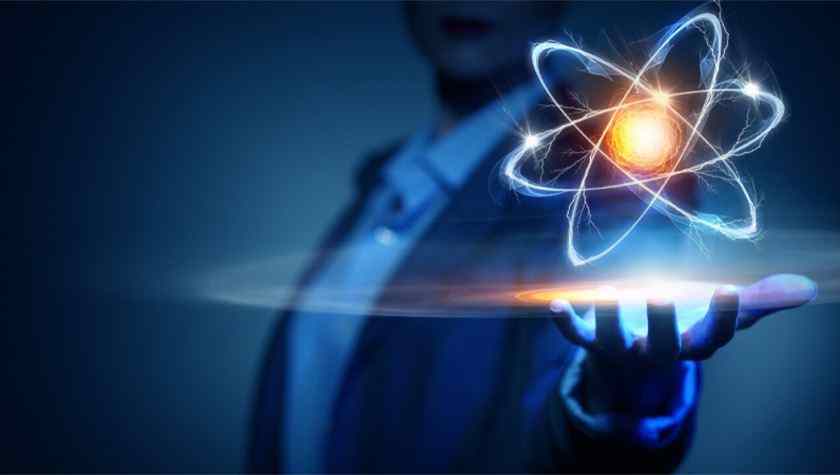Nuclear medicine is a medical specialty that uses small amounts of radioactive material to diagnose and treat various diseases. The radioactive materials are typically injected, swallowed or inhaled as tracers by the patient. Special cameras detect the radiation emitted by these tracers to create images of organs and tissues and reveal abnormalities.
A nuclear medicine clinic like PRP Imaging plays an invaluable role in healthcare with its unique ability to visualize molecular processes taking place inside the body that give key insights hard or impossible to get otherwise. Unlike x-rays and CT scans that highlight anatomy, nuclear scans show the function and metabolism of organs in living tissues, often identifying issues very early before anatomical changes even show up. This helps diagnose conditions sooner and initiate treatment faster for better outcomes.
Contents
Diagnosing Illnesses
One of the most common uses of nuclear medicine is diagnosing and evaluating heart disease and irregularities in how well the heart functions. Nuclear stress tests can check coronary artery blockages and assess the overall pumping ability of the heart. It is often conducted before heart surgeries and high-risk non-cardiac operations to evaluate surgical risks. PET scans track amyloid plaque buildup in organs to diagnose Alzheimer’s and inflammation that indicates infection. Bone scans locate the sites of infection or trauma, and help assess cancer risks. Other scans identify liver and spleen abnormalities associated with cirrhosis or anemia. They can detect the early onset of certain neurological disorders and help diagnose certain cancers as well.
Cancer Detection and Care
One area where nuclear scans have been particularly invaluable is oncology. PET and SPECT scans can detect cancers such as lymphoma, melanoma, colorectal, cervical, thyroid and lung cancer through abnormal radioactive tracer accumulation that indicates malignant tumors. SPECT scans allow doctors to find the spread of thyroid cancer to neck lymph nodes. Radioimmunotherapy attaches radioactive molecules to antibodies that recognize and bind only to cancer cells destroying them, to treat lymphoma. Treatments involving radioactive iodine atoms help kill thyroid cancer cells or destroy thyroid gland remnants left behind after surgery.
The range of scans available and a nuclear medicine physician’s specialized knowledge are key to appropriate testing and accurate diagnosis guiding effective treatment. They avoid subjecting patients to unnecessary surgical biopsies and ensure patients do not receive pointless therapies with side effects but no benefits. The molecular imaging insights allow tracking whether treatments are working and enable adjusting therapy for the best outcomes. Personalized treatments can improve cure rates and survival spanning cancer, neurological, cardiac and many other conditions.
Therapeutic Applications
While nuclear medicine is largely used for diagnostic purposes, it also has some huge therapeutic benefits. Iodine-131 is used to ablate thyroid tissue in hyperthyroid patients and for metastatic thyroid cancer. Radiation synovectomy injections treat rheumatoid arthritis and chronic bursitis reducing inflammation and pain. Treating blood cell disorders, palliative bone pain management and inhibiting coronary restenosis and keloid scarring are some other therapeutic uses for nuclear medicine.
With great scope for innovation, nuclear medicine promises substantial new treatment options for major diseases. Immunotherapy with radioactive monoclonal antibodies is an active cancer research area. Using PET scans to guide radiation therapy planning is being studied to improve treatment efficacy. As understanding of the molecular basis of disease expands, nuclear medicine allows matching therapies to the exact genetic and molecular profile of a disease in each patient opening doors to personalized medicine.
Training Future Physicians
The multidisciplinary nature of nuclear medicine utilizing molecular biology, biochemistry, physiology and electronics besides medicine itself, makes this specialty intellectually very appealing. The opportunity to be actively involved in patient management while also using leading-edge technologies attracts high-caliber trainees. Exposure to instrumentation and physics as well as critical interpretation skills to contextualize scan findings and guide clinical decisions provide valuable learning opportunities. Basic mechanisms get reinforcement translating to better understanding of human biology overall.
Amidst staff shortages and workload pressures, inadequate training is unfortunately an aspect negatively impacting patient care delivery. However, places with training and fellowship programs allow dedicated time and supervised learning bolstering practical knowledge. Residents, technologists and nurses trained in accredited nuclear medicine clinics under expert guidance can dramatically improve their diagnostic capabilities and therapeutic skills in applying nuclear techniques. This subsequently benefits many more patients they treat during their independent careers eventually.
Conclusion
With lives saved or improved by early detection of diseases to targeted therapies guided by molecular imaging, nuclear medicine continues advancing medicine itself toward more precise and personalized care. From better diagnostics to more effective treatments and shaping future practice, the overall impact of nuclear medicine clinics on patients as well as providers is clearly invaluable. Investing in more such specialty facilities and expanded training opportunities will ultimately serve the healthcare needs of many more people in the community.

